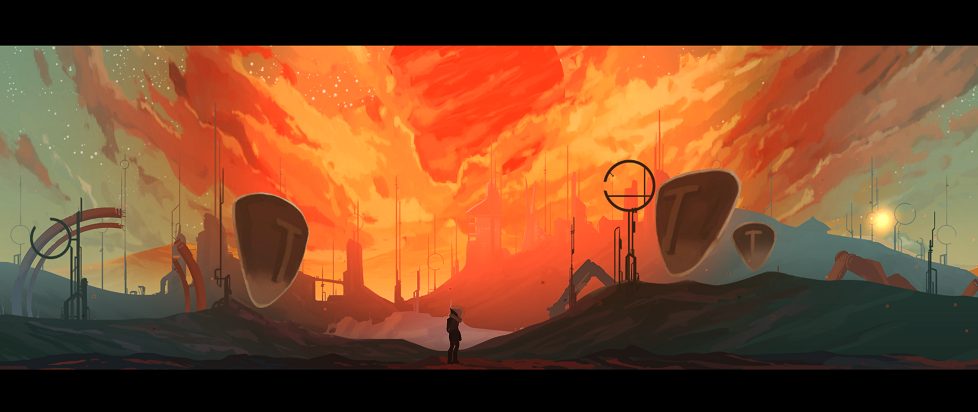
Never Alone Again (Digitally)
This feature is an excerpt from Unwinnable Monthly #106. If you like what you see, grab the magazine for less than ten dollars, or subscribe and get all future magazines for half price.

Gavin and David noticed that a lot of videogames, even single-player ones, seem disinclined to allow the player to run around by themselves. They thought, “What’s up with that?” and decided to hash it out here.
***
David,
We kicked off our conversation about this piece by observing that companion characters are more and more common in videogames, notably in the newest God of War, which revisits the father/child dynamic of The Last of Us and (as it is eventually revealed) BioShock Infinite, but I want to stretch the framing a little bit. I think there’s interesting conversation in companion characters, why they’re (re-)emerging as a popular architectural and narrative tool, but I’m just as interested in a question you asked seemingly off-the-cuff: Is it possible to be alone in a videogame?
I have two strongly competing impulses around that question. On one hand, the answer seems pretty clearly to be no. There is always at least one other hand present in any videogame, much as any other piece of media. No art exists sui generis. Even, at least now, procedural games require choice and crafting in their algorithms. It can even be argued that the games in which we are most alone – the singular spaces through which we are asked to walk sometimes even without the physical representation of our temporary virtual “self” – are the games in which the ghost of the designer is the most undeniably present. Many of our games are crowded spaces, crammed with the avatars of other players or non-player characters.
In a very real sense, we seek out art and media in order to not be alone. Not all art involves virtual society or fictional worlds, but all art involves an encounter with the result of the work and intention of another human being. What we hear may not have anything to do with what the artist may have thought of themselves as trying to say, but there is always some sort of contact.
For all this, I’m not exactly looking for company from art, and I don’t play videogames in order to be social. I haven’t played the new God of War, but I didn’t come out of BioShock Infinite feeling any particular relationship with Elizabeth. Games with companion characters may make for powerful stories, but they don’t ever make me forget that I’m happiest playing them alone on my couch.

What do you think? Is it possible to be alone in a game, and if so, how? Is the death of (AAA) single-player games greatly exaggerated, or just not really worth a great deal of concern? What’s up with companion characters? And, ultimately, with the proliferation of always-online or MMO games, am I alone in preferring to be alone?
—G
***
Gavin,
These are all good, weird questions. When you extracted that other question from me that got the ball rolling on this, you also correctly pointed out that this not-new trend goes back all the way, at least most markedly by today’s standards, to 2001’s Ico. That was a game where you hold another character’s hand through an entire adventure. Sure, you run, jump and kill monsters in Ico like we have in incalculable other games, but that’s done here so you can return to that understated but powerful act of warmth and intimacy. Even writing that now, it feels so alien to say about a videogame, and stranger still to think that was already almost 20 years ago. But it’s even even stranger still when you contrast that with, say, Far Cry 5’s “buddies,” a clothesline of interchangeable, generic surrogates for online wingmen who join you, constantly, for a few minutes before they die and are replaced. The former reminds me of real life: the hardships we endure so we can provide for or return to the ones we love and care for. The latter reminds me only of watching an itchy scrawl of anonymous strangers appearing and disappearing in an IRC chat room. But is either really all that meaningful? Maybe not, but one is perhaps more interesting only because history has rendered it unusual. Still—so what? Neither have much to do with why I play videogames…
—David
———
David Wolinsky is the creator and moderator of Don’t Die, an oral history chronicling the history of cultural disconnects in videogames.
Gavin Craig is a writer and critic who lives outside of Washington, D.C. Follow him on Twitter @CraigGav.
You’ve been reading an excerpt from Unwinnable Monthly Issue 106.
To read the article in its entirety, please purchase the issue from the shop or sign up for a subscription to Unwinnable Monthly!




